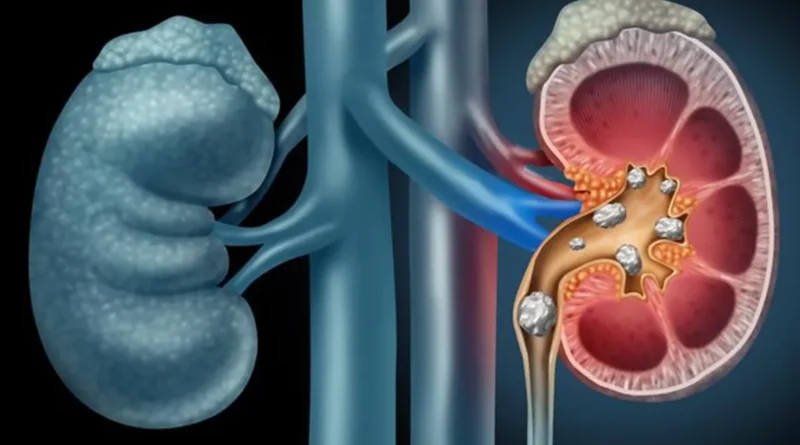A Growing Global Health Threat: Chronic Kidney Disease
Chronic Kidney Disease: The Hidden Epidemic Now Ninth Leading Cause of Death Globally
Chronic kidney disease (CKD) is increasingly being recognized as a major public health crisis. Often referred to as a “hidden epidemic” because it goes undetected in its early stages, CKD has now become the ninth leading cause of death worldwide. Each year, it claims more lives and places an ever-growing burden on health systems across the globe.
A recent global analysis published in The Lancet by researchers at the Institute for Health Metrics and Evaluation
Why CKD is on the Rise
(IHME) reveals staggering statistics: the number of adults living with CKD has more than doubled over the past three decades, rising from roughly 378 million in 1990 to nearly 788 million in 2023.
The surge in CKD cases is largely driven by ageing populations, unhealthy diets, obesity, diabetes, and high blood pressure, conditions common across both developed and developing nations. Researchers also employed advanced statistical models to measure how kidney dysfunction contributes to deaths from other diseases, highlighting the broader impact of CKD on global mortality.
Read Also: Rector Highlights Role of Youth in the Fight Against Malaria
Today, an estimated 14% of adults worldwide live with some form of CKD. In 2023 alone, the disease caused 1.5 million deaths, a 6% increase since 1993 after accounting for population growth.
Global Burden: Countries Most Affected
The prevalence of CKD varies across regions and nations. China and India lead the list, with 152 million and 138 million adults affected, respectively. But the burden is far from limited to Asia. The United States, Indonesia, Japan, Brazil, Mexico, and Nigeria each report over 10 million cases.
Regionally, North Africa and the Middle East have the highest prevalence at 18%, followed by South Asia (15.8%) and sub-Saharan Africa (15.6%). Countries such as Iran, Haiti, Nigeria, Panama, and Mexico are among the hardest hit.
The Call for Early Detection and Preventive Care
Dr. Josef Coresh, Director of the Centre for Optimal Ageing at NYU Langone, emphasized the urgency of addressing CKD:
“Chronic kidney disease is common, devastating, and largely under-recognized as a major health threat. Our findings show an urgent need for early detection and stronger preventive care.”
Early detection can prevent progression to end-stage kidney disease, reducing the need for dialysis and kidney transplants, which remain out of reach for many in low- and middle-income countries.
Inequity in Access to Life-Saving Treatment
While high-income nations offer routine access to kidney replacement therapies, millions in poorer countries remain without adequate care. This disparity underscores the global inequities in healthcare access and highlights the importance of international and local efforts to improve CKD management.
Conclusion: A Global Call to Action
Chronic kidney disease is more than a health statistic—it is a silent crisis affecting millions of lives worldwide. With prevalence rising sharply, awareness, early diagnosis, preventive measures, and equitable access to treatment have never been more critical. Addressing CKD requires coordinated action from governments, healthcare providers, and individuals alike to reduce its devastating impact.
Content Credit | Olaoluwa Ayomide
Image Credit | google.com




